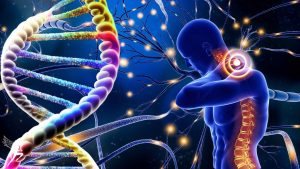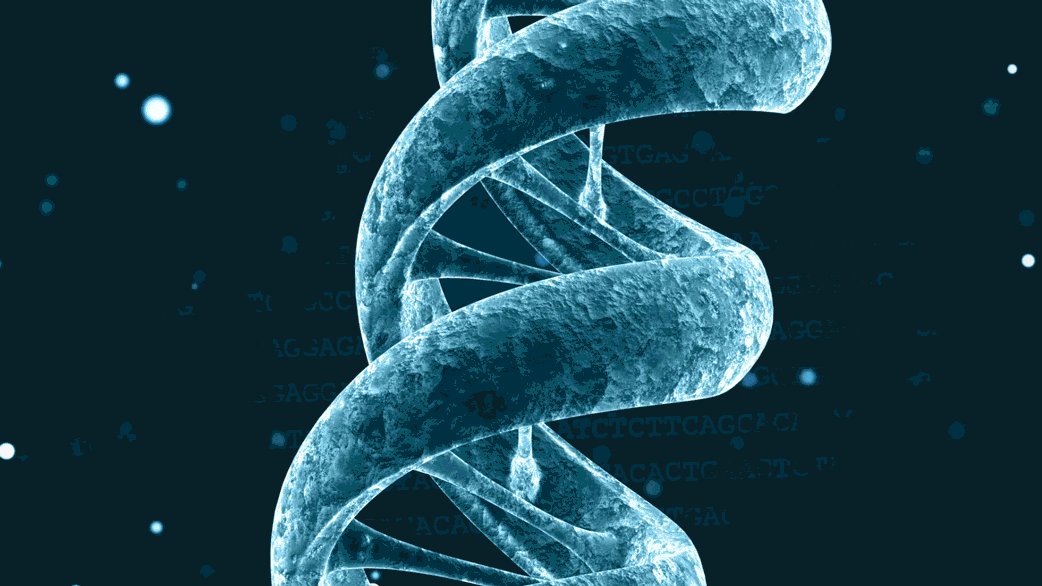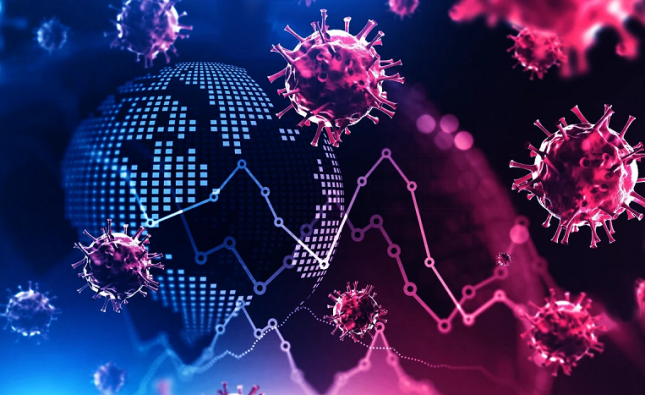
Molecular biology serves as the cornerstone of modern biological science, unraveling the intricate mechanisms that govern life at the molecular level. At the heart of this discipline lies the understanding of DNA, the blueprint of life, and proteins, the molecular machines that execute biological processes.
DNA Structure and Function
DNA, or deoxyribonucleic acid, possesses a double helix structure composed of nucleotide building blocks. These nucleotides, adenine, thymine, cytosine, and guanine, encode genetic information through their sequence. The replication of DNA ensures the faithful transmission of genetic material during cell division.
Transcription: From DNA to RNA
Transcription is the process by which the genetic information encoded in DNA is transcribed into RNA molecules. RNA polymerase catalyzes this process, resulting in the synthesis of messenger RNA (mRNA), transfer RNA (tRNA), and ribosomal RNA (rRNA), each playing distinct roles in protein synthesis.
Translation: From RNA to Proteins
Translation, occurring in the cellular machinery known as ribosomes, decodes the mRNA sequence into a specific sequence of amino acids, the building blocks of proteins. Transfer RNA molecules ferry the corresponding amino acids to the ribosome, facilitating the assembly of proteins according to the genetic code.
Biophysical Basis of Molecular Interactions

Molecular interactions are governed by various forces such as hydrogen bonding, van der Waals interactions, and electrostatic attractions. The aqueous environment of the cell plays a crucial role in mediating these interactions, influencing protein folding and molecular recognition processes.
Protein Structure and Folding
Proteins adopt intricate three-dimensional structures, including primary, secondary, tertiary, and quaternary structures, which dictate their function. Protein folding is a highly orchestrated process guided by both intrinsic and extrinsic factors, ensuring the attainment of the native conformation.
Enzymes: Catalysts of Life
Enzymes are biological catalysts that accelerate biochemical reactions by lowering the activation energy barrier. Through precise substrate binding and catalytic mechanisms, enzymes enable the efficient execution of metabolic pathways and cellular processes essential for life.
Genetic Mutations and Disease
Genetic mutations, alterations in the DNA sequence, can have profound consequences on protein structure and function, leading to various diseases and disorders. Understanding the molecular basis of these mutations is critical for diagnosing and treating genetic disorders.
Technological Advances in Molecular Biology
Recent technological innovations, such as polymerase chain reaction (PCR) and CRISPR-Cas9 gene editing, have revolutionized molecular biology research, enabling precise manipulation of DNA and the study of gene function at unprecedented levels of detail.
Applications of Molecular Biology
The applications of molecular biology span diverse fields, including biotechnology, medicine, and forensic science. From genetically modified organisms to personalized medicine, molecular biology has catalyzed groundbreaking advancements with far-reaching implications for society.
Ethical Considerations in Molecular Biology
As molecular biology continues to progress, ethical considerations regarding genetic privacy, biosecurity, and the responsible use of biotechnology become increasingly paramount. Balancing scientific advancement with ethical principles is essential to navigating the complex landscape of molecular biology.
Future Directions in Molecular Biology
The future of molecular biology holds exciting prospects, including the integration of systems biology approaches, the development of synthetic biological systems, and the realization of personalized medicine tailored to individual genetic profiles.
Challenges and Limitations
Despite its promise, molecular biology faces challenges such as the complexity of biological systems, technological limitations, and ethical dilemmas. Addressing these challenges requires interdisciplinary collaboration and a nuanced understanding of both the science and its societal implications.
Conclusion
In conclusion, molecular biology provides a comprehensive framework for understanding the fundamental processes of life, from the replication of DNA to the intricate orchestration of protein synthesis. As research in this field continues to evolve, the insights gained hold the potential to revolutionize medicine, biotechnology, and our understanding of life itself.
FAQs
What is the significance of understanding DNA structure?
Understanding DNA structure is essential as it serves as the blueprint for life, encoding genetic information that dictates the characteristics and functions of organisms.
How does transcription differ from translation?
Transcription involves the synthesis of RNA molecules from DNA, whereas translation is the process of converting RNA sequences into proteins.
What are some examples of genetic mutations and their effects?
Genetic mutations include point mutations, insertions, deletions









